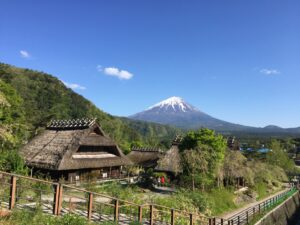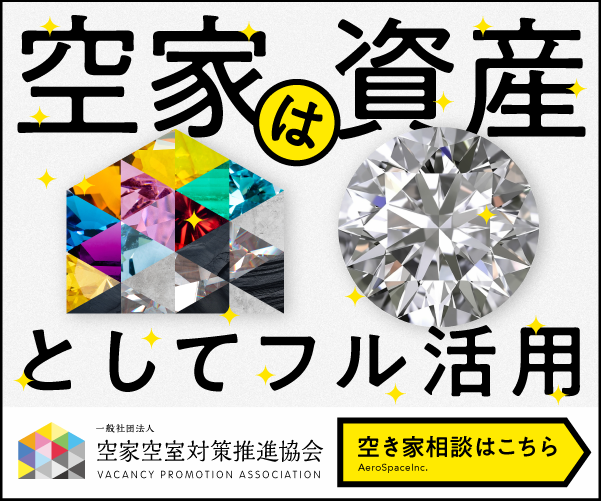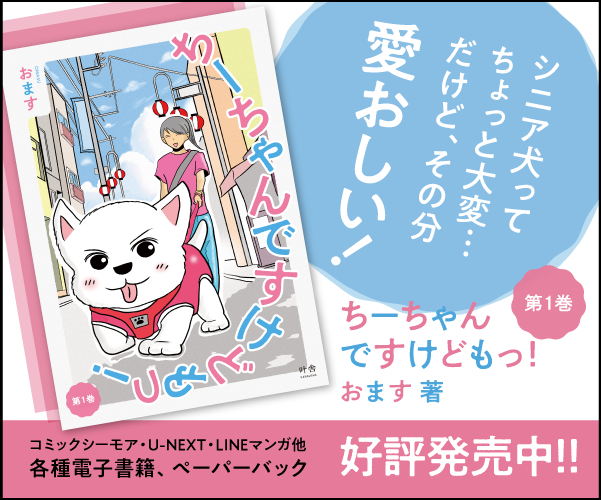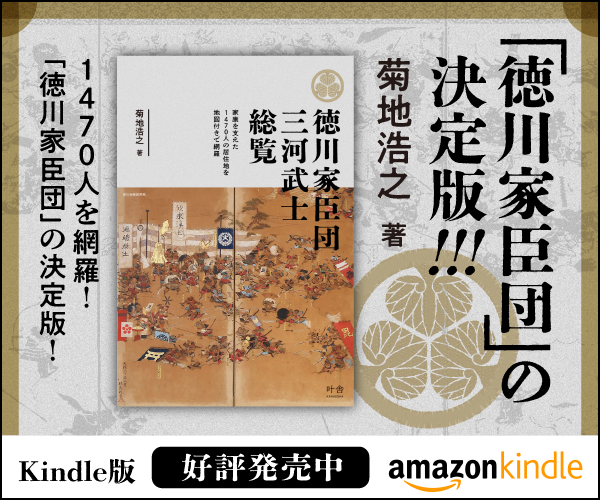Thierry Richards leads an organization called Tokyo Marunouchi Partnership, which works with businesspeople near to Tokyo Station in the Marunouchi area. Thierry is also completing a PhD on the famous Japanese social critic and thought leader Kanzo Uchimura (1861-1930) at Kyoto University. Thierry was born and raised in the UK. His father was from Antigua in the Caribbean and his mother from Ireland, but they met in the UK and so Thierry was born and raised in the UK. Thierry and his wife came to live in Tokyo in 2010 and now have three children who have all been born and raised here in Tokyo.
Why Do Japanese People Avoid Stigmatized Properties?

This year, we considered moving apartments to an apartment which we could develop into having one more room as our three children get bigger. We saw an apartment available, which could be made into the number of rooms which we wanted, but seemed very reasonably priced, perhaps a third lower than we might have expected. As we enquired more, we found that the reason for the lower price was that the apartment was one where there had been an “unnatural death”. We found out that these apartments are called “Accident apartments”.
As we looked around the apartment with the manager at the Reform company which we use, it looked like the apartment would be suitable for our purposes. And so the only question we had was: “What do we think about living in an apartment where someone has jumped or fallen off the balcony to their death?” With these kinds of incredibly sad accidents, the precise details can be difficult to determine. And so formally it is not clear whether the event was a suicide or an accident. But, either way, it is an apartment where someone has died by unnatural means.
I do not think that apartments in the UK have these kinds of classifications. I have never heard of it being an issue when buying property, perhaps with the exception of a “haunted house”, which you might read of in a novel from the olden days. However, here in Japan, it seems to be a specific category of property. I asked various Japanese friends what they thought about it. Would they buy one of these “accident properties”? And the answer I received from almost everyone was that they would not buy it. The underlying reason seems to be that the fact that there was an unnatural death in the apartment maybe symptomatic of the fact that there is an evil spirit in the apartment.
An “Accident Properties,” which falls under a special category.
However, I am a Christian, and the traditional Christian understanding that Jesus is stronger than any evil spirit means that we do not need to be afraid of or be swayed by evil spirits. Because of this mindset, my wife and I were happy to progress with buying the apartment.
Yet, I also heard two other pieces of information which surprised me. One friend told me that most banks would not give a loan to someone wanting to buy an “accident property”. The reason for this was that the bank would not see the property as being stable collateral. On hearing this information, my opinion began to change.
Another piece of information which was slightly unclear at first, but became more clear on further investigation, is that we would need to disclose that there had been a suicide in the apartment to the next potential buyers after us. It seems that strictly speaking, we may not legally need to declare this information. However, the common and courteous practice is to declare all information which we know about the apartment which may be of relevance for a future buyer. In this way, once an apartment becomes an “accident apartment”, it will carry this label forever, until the building is rebuilt. And so, although my wife and I would be happy to live in the apartment, the problem would be that if we ever wanted to sell the apartment, we may face difficulties.
At the end of the day, we did not end up buying this apartment. Yet, the process of considering whether or not to buy this place was a fascinating journey, revealing hitherto unknown aspects of Japanese culture, beliefs and practice.








